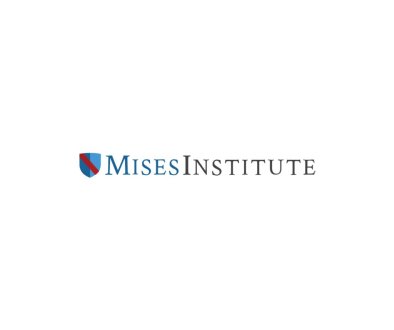Apparent AI Hallucinations in AI Misinformation Expert’s Court Filing Supporting Anti-AI-Misinformation Law
Minnesota recently enacted a law aimed at restricting misleading AI deepfakes aimed at influencing elections; the law is now being challenged on First Amendment grounds in Kohls v. Ellison. To support the law, the government defendants introduced an expert declaration, written by a scholar of AI and misinformation, who is the Faculty Director of the Stanford Internet Observatory. Here is ¶ 21 of the declaration:
[T]he difficulty in disbelieving deepfakes stems from the sophisticated technology used to create seamless and lifelike reproductions of a person’s appearance and voice. One study found that even when individuals are informed about the existence of deepfakes, they may still struggle to distinguish between real and manipulated content. This challenge is exacerbated on social media platforms, where deepfakes can spread rapidly before they are identified and removed (Hwang et al., 2023).
The attached bibliography provides this cite:
Hwang, J., Zhang, X., & Wang, Y. (2023). The Influence of Deepfake Videos on Political Attitudes and Behavior. Journal of Information Technology & Politics, 20(2), 165-182. https://doi.org/10.1080/193316
Article from Latest

The Reason Magazine website is a go-to destination for libertarians seeking cogent analysis, investigative reporting, and thought-provoking commentary. Championing the principles of individual freedom, limited government, and free markets, the site offers a diverse range of articles, videos, and podcasts that challenge conventional wisdom and advocate for libertarian solutions. Whether you’re interested in politics, culture, or technology, Reason provides a unique lens that prioritizes liberty and rational discourse. It’s an essential resource for those who value critical thinking and nuanced debate in the pursuit of a freer society.



